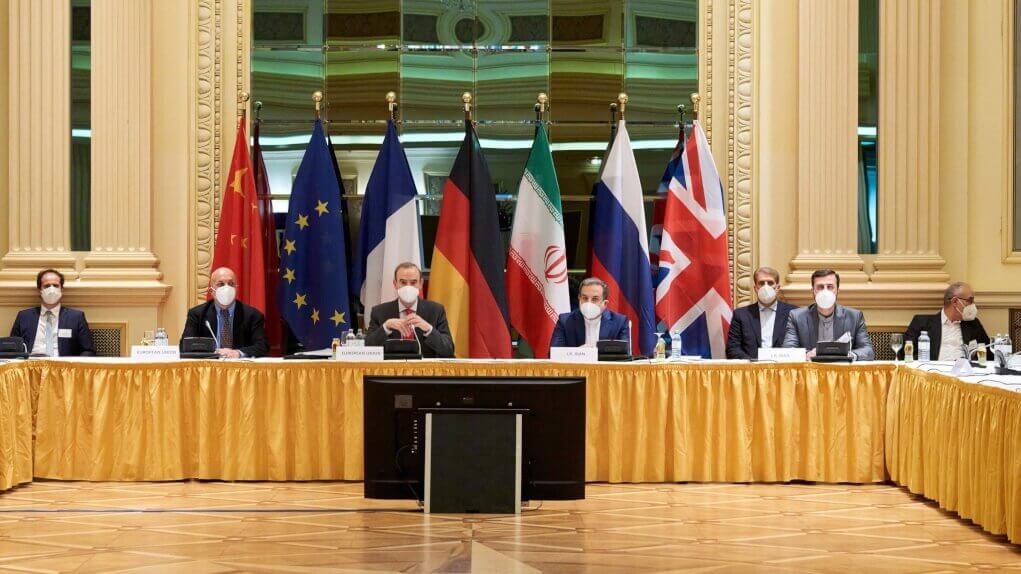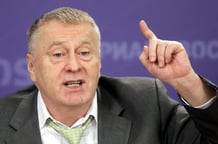Four days of talks ended in the Austrian capital Vienna today, Friday, in search of a settlement that would lead to the return of Iran and the United States to abide by the nuclear agreement, and the two parties began negotiations on the file of the detainees.
The representative of Russia said at the meetings that the participating countries were satisfied with “the initial achievement of the committees’ work,” noting that the Nuclear Agreement Committee would meet next week to maintain the positive momentum achieved.
For his part, the Chinese delegate said that the parties are in a race against time for the return of the United States and Iran to abide by the nuclear agreement.
The participants in the talks reviewed the perceptions submitted by the expert committees about the steps that could be taken in order to reach a roadmap for the return of the United States to the agreement.
The attendees will leave Vienna today for talks and consultations in their countries and will return next week to resume a new round of talks, according to statements by the Iranian Deputy Foreign Minister made on Thursday evening.
For his part, Iran’s representative to the International Atomic Energy Agency and negotiating member in Vienna, Kazem Gharib Abadi, said that the only way for Washington to return to the nuclear agreement is to lift all forms of sanctions.
He explained that the lifting of sanctions means sanctions imposed under the nuclear deal, those imposed by the Trump administration, and non-nuclear sanctions.
He pointed out that the test of lifting sanctions means exporting oil according to official contracts and obtaining revenues through banks and banks naturally.
He said that the step-by-step principle is no longer on the table in the Vienna negotiations and is totally rejected.
On the other hand, State Department spokesman Ned Price said that his country is ready to lift any sanctions imposed on Iran that are inconsistent with the nuclear agreement, stressing Washington’s readiness to take the necessary steps to return to compliance with the terms of the agreement.
While Price described the nuclear talks as “constructive,” he told reporters, “Nevertheless, we must not allow expectations to exceed where we are now.”
Diplomats from the major powers met separately with delegates from Iran and the United States, to discuss ways to restore the two countries to abide by the terms of the agreement that Washington withdrew from 3 years ago.
Neither the United States nor Iran expected a quick breakthrough in the talks that began in Vienna on Tuesday, in which European diplomats and others acted as mediators, due to Tehran’s refusal to hold direct talks at the present time.
For its part, Israel renewed its position on rejecting the nuclear agreement, and in his comment on the indirect talks being held by the United States and Iran in Vienna, Prime Minister Benjamin Netanyahu said that Israel will not be bound by any agreement that enables Iran to develop nuclear weapons.
Saki confirmed that there are negotiations with the Iranians to release American detainees in Iran (European)
American detainees
Meanwhile, White House spokeswoman Jane Saki said that there are negotiations with the Iranians through private channels for the release of American detainees in Iran.
She added that the efforts to release the American detainees will be led by “our diplomats and negotiators from the State Department,” explaining that these discussions are often raised through various channels with the Iranians, due to the fact that there are no direct channels with Iran in the nuclear talks.












